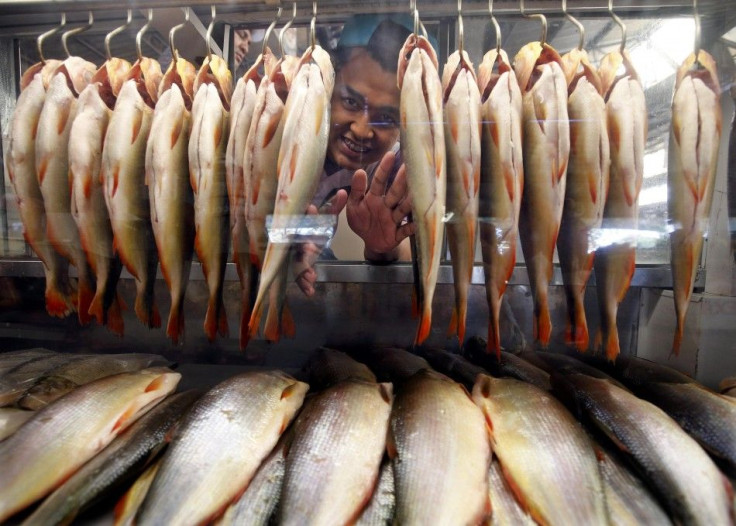Climate Change Blamed for Heart Failure in Fish Species -- Auckland Study

New Zealand scientists blamed climate change for heart failure in fish. According to biologists from the University of Auckland, rising sea temperatures can kill fish that rely on their environment to maintain optimum body temperature.
Dr Anthony Hickey said their research showed that the heart functions as a "bio-indicator" to help species withstand changes in ocean temperature. Scientists studied ecotherms or a group of cold-blooded fish species.
The findings of the study suggest that cell structures in the heart known as mitochondria failed to function as temperatures increased. Researchers exposed three fish species from various environments to rising water temperatures. The Australian tropical fish known as moon wrasse performed the worst in the experiment as they exhibited the narrowest thermal range.
Hickey said the tropical wrasse can only withstand a rise in temperature with a few degrees before experiencing changes in their cell structures or the mitochondria. The life-sustaining cells in all three species of fish failed to function before full heart failure was observed.
According to reports, the Auckland study indicates the impact of rising ocean temperatures to fish. Continuous change in temperature may limit fish habitat. Hickey said the study has significant implications if the predictions of climate scientists were found to be true.
Previously, the Intergovernmental Panel on Climate Change (IPCC) had released a report stating that oceans rose in temperature from 1971 to 2010. The UN panel observed the recent warming trends and observed the result of rising levels of greenhouse gases in the atmosphere.
The UN report had warned climate change will force millions of people to relocate, triggering famine, inciting conflict and losing trillions of dollars worth of economic gains. Hundreds of millions of the population will be displaced due to coastal flooding and loss of land as sea levels continue to rise. Reports said the "irreversible" damage due to climate change will cause economic shocks and severe poverty may lead to mass migration. The risk of violence may increase from protests triggered by international or civil conflicts.
Hickey said more research will be needed to understand the impact of climate change on fish and investigate how species can survive increasing ocean temperatures.






